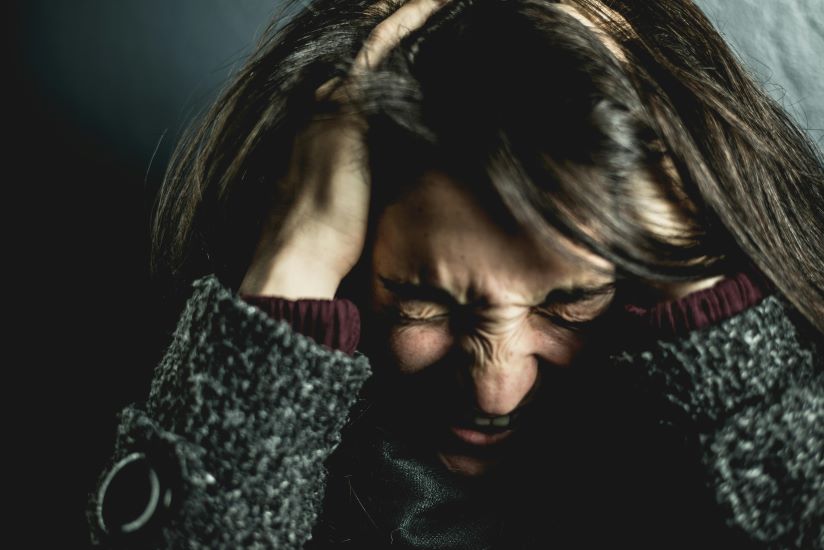Ever Stand Up and Get Dizzy? Understanding the Causes and Solutions

Have you ever experienced a moment of dizziness upon standing up? If so, you’re not alone. This common phenomenon, known as orthostatic dizziness or postural hypotension, can occur for various reasons and affect people of all ages. In this blog post, we’ll explore the causes of dizziness upon standing and discuss potential solutions to help you manage this sensation effectively.
Understanding Orthostatic Dizziness
Orthostatic dizziness occurs when there is a sudden drop in blood pressure upon standing up from a seated or lying position. This drop in blood pressure can cause symptoms such as lightheadedness, dizziness, or even fainting. While occasional episodes of orthostatic dizziness are usually harmless, frequent or severe episodes may indicate an underlying health issue that requires attention.
Causes of Orthostatic Dizziness
Several factors can contribute to orthostatic dizziness, including:
- Dehydration: Not drinking enough fluids can lead to dehydration, which can cause a decrease in blood volume and lead to orthostatic dizziness.
- Medications: Certain medications, such as blood pressure medications, diuretics, and antidepressants, can affect blood pressure and increase the risk of orthostatic dizziness.
- Age: As we age, our bodies may become less efficient at regulating blood pressure, increasing the risk of orthostatic dizziness, especially when standing up quickly.
- Prolonged Bed Rest: Spending extended periods in a lying or seated position, such as during illness or hospitalization, can lead to orthostatic dizziness due to changes in blood circulation.
- Underlying Health Conditions: Certain medical conditions, such as diabetes, Parkinson’s disease, heart problems, or disorders of the autonomic nervous system, can increase the risk of orthostatic dizziness.
Tips to Manage Orthostatic Dizziness
If you frequently experience dizziness upon standing, consider the following tips to help manage your symptoms:
- Stay Hydrated: Drink plenty of fluids throughout the day to maintain adequate hydration and prevent dehydration, which can contribute to orthostatic dizziness.
- Change Positions Slowly: When transitioning from lying down or sitting to standing, do so slowly to allow your body time to adjust and minimize the drop in blood pressure.
- Avoid Alcohol and Caffeine: Limit your intake of alcohol and caffeine, as these substances can dehydrate the body and exacerbate orthostatic dizziness.
- Review Medications: If you suspect that your medications may be contributing to orthostatic dizziness, discuss your concerns with your healthcare provider. They may adjust your medication dosage or recommend alternative treatments.
- Wear Compression Stockings: Compression stockings can help improve blood flow and prevent blood from pooling in the legs, reducing the risk of orthostatic dizziness.
- Eat Small, Frequent Meals: Consuming smaller, more frequent meals throughout the day can help stabilize blood sugar levels and prevent drops in blood pressure that can lead to dizziness.
- Exercise Regularly: Engage in regular physical activity to improve cardiovascular health and circulation, which can help reduce the risk of orthostatic dizziness.
Conclusion
While orthostatic dizziness can be unsettling, especially if it occurs frequently or severely, it is often manageable with simple lifestyle changes and precautions. By staying hydrated, changing positions slowly, and addressing any underlying health issues or medication concerns, you can minimize the risk of orthostatic dizziness and stay safe and healthy. If you continue to experience frequent or severe episodes of dizziness upon standing, be sure to consult with your healthcare provider for further evaluation and guidance.
Picture Courtesy: Google/images are subject to copyright







